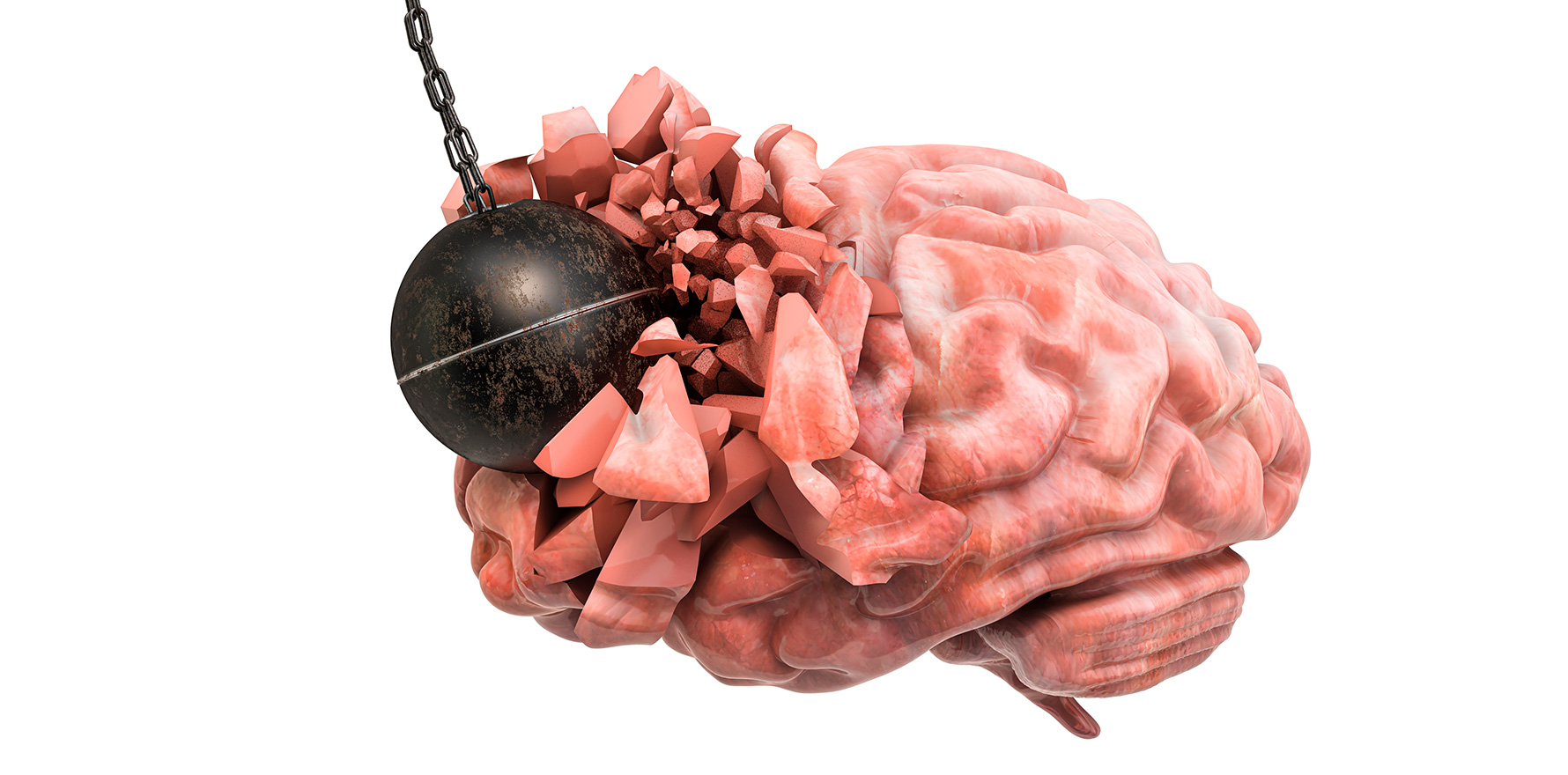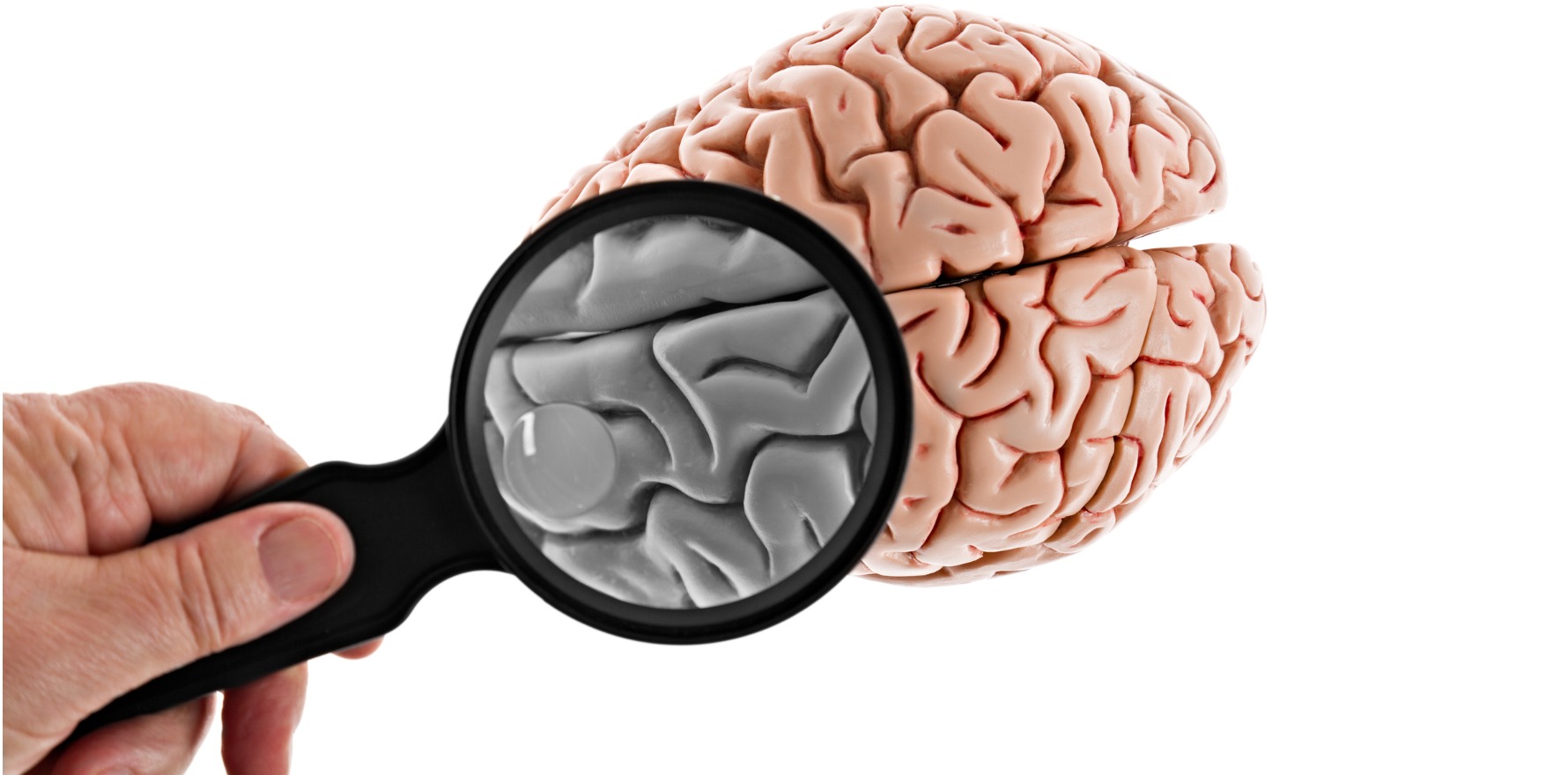New Commonwealth funding for the Creutzfeldt-Jakob disease registry will boost capacity for diagnostic services.
A cash injection of $3 million will make it easier and quicker for scientists at the Florey Institute to diagnose living patients with prion diseases.
The Florey is home to the Australian National Creutzfeldt-Jakob Disease Registry, which has been monitoring the prevalence of the neurodegenerative illness for 30 years.
There are no known treatments for prion diseases, and only 15% of cases have a genetic link.
The main purpose of the CJD registry is to diagnose new patients – in 2022, it identified 79 new people with suspected human prion disease after testing around 600 samples.
Register coordinator Dr Christiane Stehmann told The Medical Republic that getting diagnosed with CJD tended to be an “odyssey” for patients and families, with patients receiving up to four misdiagnoses.
“They often present with a rapid progressive dementia and motor dysfunctions,” she said.
“The first indication is the rapidity of the decline.”
In terms of diagnostics, Dr Stehmann said the initial physical manifestations of CJD are cortical ribboning and hyperintensities in the basal ganglia, which can be seen on an MRI.
Dr Stehmann and colleagues then analyse a sample of the suspected patient’s cerebrospinal fluid looking for a set of biomarkers indicative of rapid neuronal death and injury.
Over the last few years, the number of cases that the team are being asked to investigate have increased, going from 600 in 2022 to 650 in 2023.
The increased workload comes despite an audit in 2021 that found the registry was already underfunded.
Related
Dr Stehmann said the $3m invested by the Commonwealth earlier this week will allow the registry to step up diagnostic efforts.
“Number one, it allows us to continue to build the diagnostic profile,” she said.
“As we are start to get the first clinical trials for prion diseases and other neurodegenerative diseases, it becomes really important that we have good diagnostic profiling so that we can put patients in the right clinical trial.”





